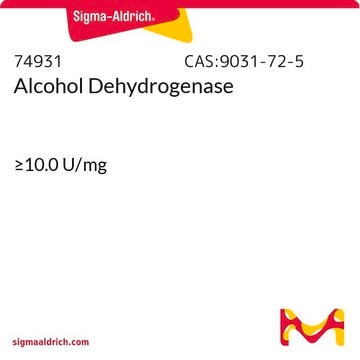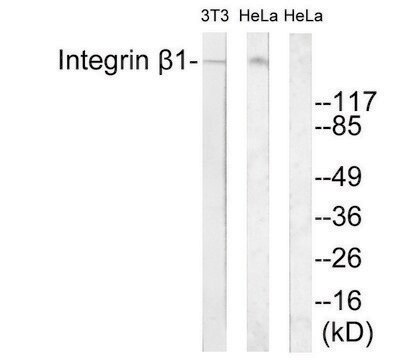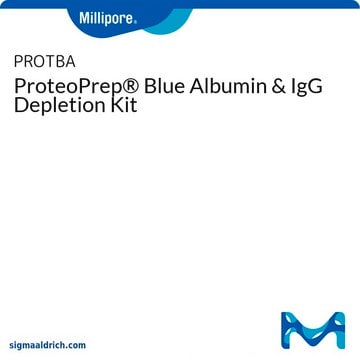MAB1978
Anti-Integrin αV-Antikörper, Klon LM142
ascites fluid, clone LM142, Chemicon®
Synonym(e):
CD51
About This Item
Empfohlene Produkte
Biologische Quelle
mouse
Qualitätsniveau
Antikörperform
ascites fluid
Antikörper-Produkttyp
primary antibodies
Klon
LM142, monoclonal
Speziesreaktivität
human
Hersteller/Markenname
Chemicon®
Methode(n)
immunohistochemistry: suitable
immunoprecipitation (IP): suitable
Isotyp
IgG1
Eignung
not suitable for activity/function inhibition
NCBI-Hinterlegungsnummer
UniProt-Hinterlegungsnummer
Versandbedingung
dry ice
Posttranslationale Modifikation Target
unmodified
Angaben zum Gen
human ... ITGAV(3685)
Spezifität
Anwendung
Zellstruktur
Integrine
Immunfluoreszenz und Immunpräzipitation.
MAB1978 ist nicht-blockierend.
Endgültige Arbeitsverdünnungen müssen vom Endanwender bestimmt werden.
Lagerung und Haltbarkeit
Rechtliche Hinweise
Haftungsausschluss
Not finding the right product?
Try our Produkt-Auswahlhilfe.
Empfehlung
Lagerklassenschlüssel
12 - Non Combustible Liquids
WGK
nwg
Flammpunkt (°F)
Not applicable
Flammpunkt (°C)
Not applicable
Analysenzertifikate (COA)
Suchen Sie nach Analysenzertifikate (COA), indem Sie die Lot-/Chargennummer des Produkts eingeben. Lot- und Chargennummern sind auf dem Produktetikett hinter den Wörtern ‘Lot’ oder ‘Batch’ (Lot oder Charge) zu finden.
Besitzen Sie dieses Produkt bereits?
In der Dokumentenbibliothek finden Sie die Dokumentation zu den Produkten, die Sie kürzlich erworben haben.
Unser Team von Wissenschaftlern verfügt über Erfahrung in allen Forschungsbereichen einschließlich Life Science, Materialwissenschaften, chemischer Synthese, Chromatographie, Analytik und vielen mehr..
Setzen Sie sich mit dem technischen Dienst in Verbindung.








